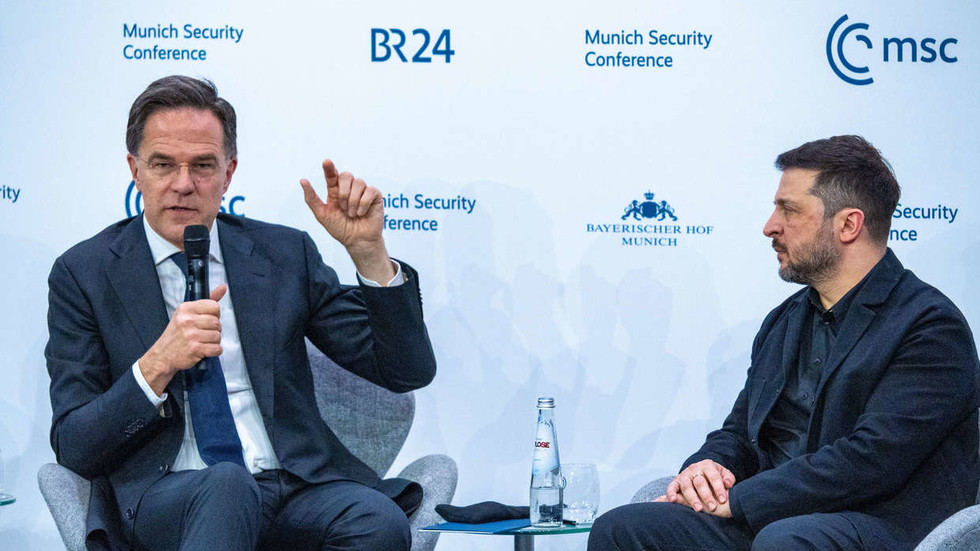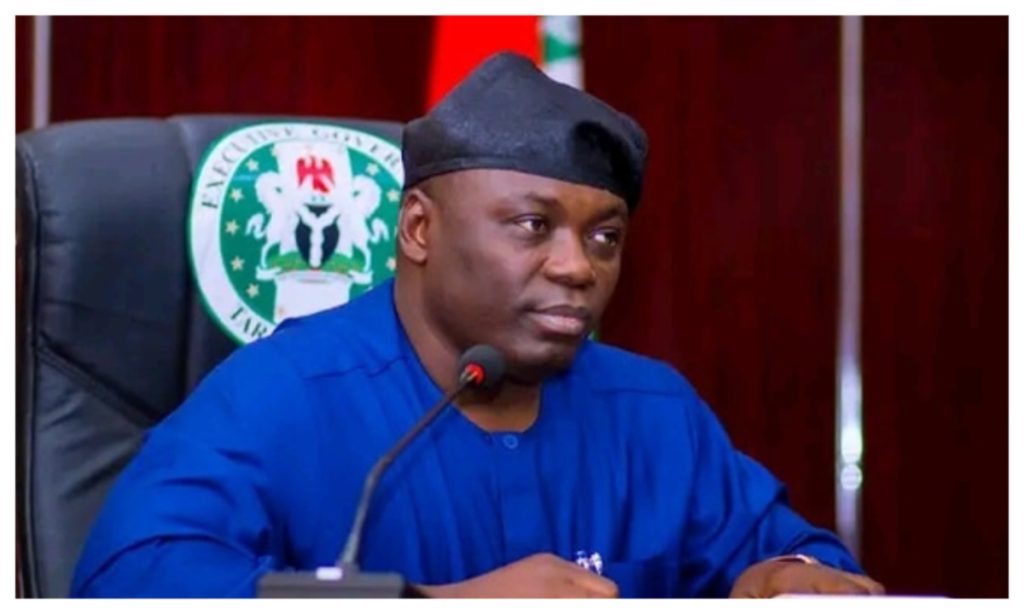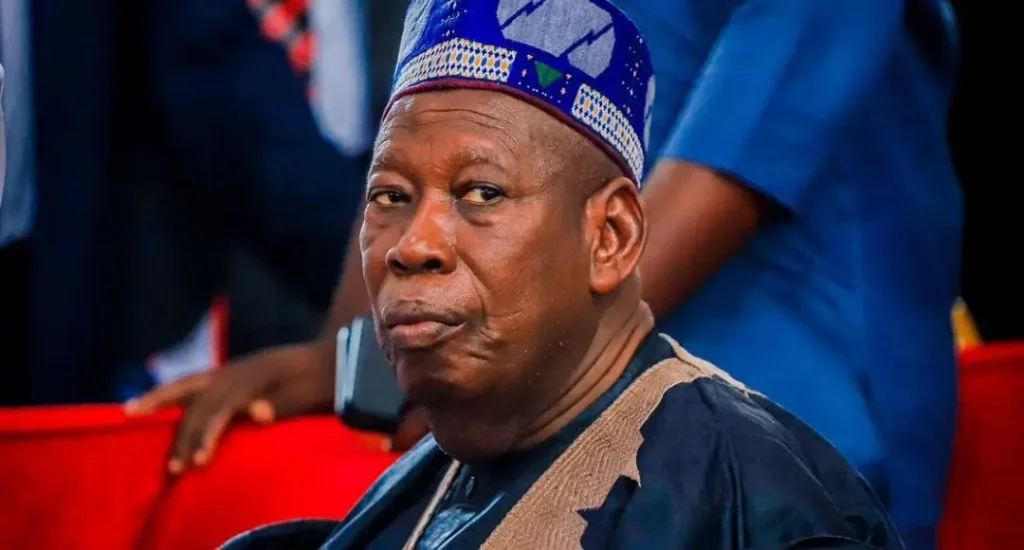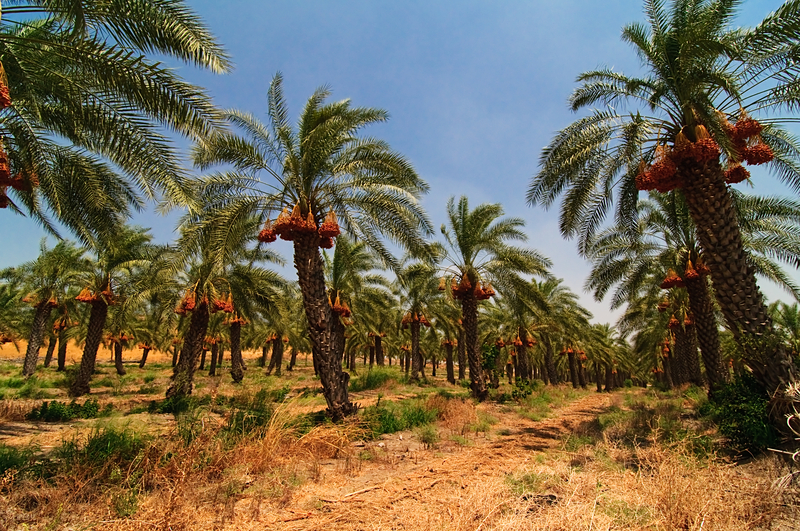Cameroon is set to hold elections on October 11, 2025, a crucial moment for the country as it navigates a period of significant challenges. President Paul Biya, who has been in office since 1982, is expected to seek a seventh term at the age of 91. His tenure has been marked by decades of stability, but also profound challenges, including the ongoing unrest in the Anglophone regions of the Northwest and Southwest.
The country is grappling with the aftermath of eight years of conflict, which has resulted in thousands of deaths and displacements. Reconciliation efforts have stalled, and trust in state institutions remains fragile. Economically, Cameroon has significant potential, with fertile land, oil, gas, and mineral resources, but growth remains below population expansion, and youth unemployment exceeds 40%. Corruption persists, and public institutions often serve elite interests rather than the broader citizenry.
The political landscape is dominated by the ruling CPDM, which controls key institutions, including the electoral commission, judiciary, and media. Opposition parties face significant barriers, including restricted access to resources, legal hurdles, and sporadic repression. This has raised concerns about the credibility of the upcoming elections, which may function more as affirmations of continuity than genuine contests of vision.
As Cameroon stands at a critical threshold, the question remains whether the October 11 vote will reaffirm stability through tradition or open space for a new chapter. The country’s youth are demanding digital inclusion, transparent governance, and inclusive dialogue, highlighting the growing disconnect between leadership and lived reality. With transitions unfolding across Africa, including Senegal’s youthful leadership and Nigeria’s competitive polls, Cameroon has the opportunity to choose a new path.
The upcoming elections will be a significant test for the country, with the ballot set to be cast on October 11. However, the true test lies in whether the nation will dare to look beyond its past and choose a future it can believe in. As the country prepares for this pivotal moment, it remains to be seen whether the elections will mark a new beginning or a continuation of the status quo.



